Beautiful does not begin to describe Dakar, Senegal’s capital city. I feel like the word beautiful actually does it some injustice; perhaps magnificently beautiful is more befitting. When the flight captain went on to tell us that we were 10 minutes away from descending into Leopold Sedar Senghor airport, I let out a not so quiet shrill “I know!” Excitement had clearly overtaken me. The view of the waves, the peninsula, the swaying palm trees and the clean coastline were all breathtaking to say the least.
After an 11 hour flight transiting through Benin and Mali, we had finally arrived in Dakar.
Reason for being in this magnificent city was the Third High level dialogue on Democracy, Human Rights and Governance that was being convened by the Africa Governance Architecture platform within the Department of Political Affairs of the African Union Commission.
Fast forward to when we were leaving the airport; some of us, me included, began to comment on the beauty of the Senegalese, not to mention their lean body sizes. “Hmmm… interesting,” I thought to myself.
As we drove into the city, I couldn’t help but notice and feel the vibe of the place. The place is bustling and yet despite the high temperatures in the late afternoon, several people were jogging by the road, others trading in the market squares and others seemingly enjoying after work catch up conversations.
The most astounding thing crossed my field of vision; young children were wrestling in a sandy pitch alongside the road, with several others cheering on in excitement. I am not quite sure on why this struck me, but allow me to carry on.
The children’s smiles and laughter are still so vivid and next to them was a football pitch with what looked like slightly older boys playing. It’s safe to say that all were deeply engrossed in their games oblivious to their surroundings.
Continuing with the bus ride to our destinations, it dawned on me that we had past neither 2 nor 3 football/wrestling pitches but an estimated 7. “Phenomenal,” I thought to myself. The Senegalese government had made a conscious effort to allocate spaces for sports activities.
To be honest, I couldn’t keep track of the number of runners that we had passed. Some were in groups, others by themselves. Across the city, they could easily have been in the hundreds. “Goodness, does everyone run here?” asked one of my colleagues. Her question had indeed confirmed my train of thought. 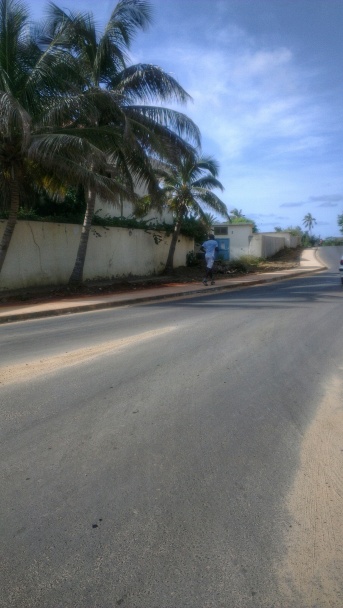
Allow me to fast forward again to my first morning in Dakar. This is the view that I had. Beautiful isn’t it?
But another thing aside from this had struck me; I could see dozens of people in the ocean doing some sort of exercise.
“This people really do like to work out,” I thought to myself again and brushed off.
At the end of the two day meeting, colleagues and I decided to enjoy a good meal out in the town, it being a Friday night and all. I am in fact grateful to one of them for insisting that we do so by the beach. We had somewhat accustomed to the place and it was no surprise seeing some people running by the beach while others lifting weights at 9 pm in the night.
Having enjoyed our beautifully cooked meal and being burnt out from fatigue, I left my colleagues to catch a good night cap.
What happened after is what I’d like to call the true meaning of missing out. My colleague and good friend Nerima narrated to me on how they had been serenaded as they took a stroll by the beach. Her narration is as follows.
“So this guy snuck up on us and started beating his drum which of course startled us, I think I actually jumped. At first I was thinking…hmm what is this? Then it started to dawn on us on what he was doing and we started clapping and supporting him. It made me smile, I was so happy.”
Be it in Goree island, which is known for its rich history dating back to the slave trade era; or the very streets of Dakar; one is bound to see both the young and the old carrying their Koras (traditional string instruments) around with them or strumming away either in solitude or to an indulged crowd.
(A young man playing his kora by the pier in Goree Island)
(A young man crossing a street in Dakar, holding in hand his Kora)
As we drove to the port to catch a ferry to Goree Island, once again, one could not help but notice all the high quality sports amenities that had been set up along the coastline. Be it basketball courts, hockey pitches or soccer pitches. It was remarkable.
(The basketball courts)
(Children’s play area)
This then begs the question; is it any wonder that Senegal is one of the most stable countries in Africa?
The AU high level dialogue that had been convened was a forum whose aim was to escalate actions being taken to silence the guns that are ravaging and hampering progress on our continent. These are wars whose main perpetrators and victims are the youth. I can’t think of a better place to illustrate the magnitude of what good investments in young people’s energy and passion can do. Whether jobless or otherwise, there is something about sports that allows one, especially the young, to release frustrations, be good managers of their time, build a culture of teamwork as well as be peaceful ambassadors.
From the young man who serenaded my colleagues on the beach due to the freedom of expression, or the freedom to just authentically be; to the young boys wrestling in the sandy pitches, it is evident that all have been brought together by a cultural thread of oneness be it in sport or art. This underscores the importance of creating a positive identity among ones people. The Senegalese know not which ethnic tribe they are playing a sport with nor serenading to. All they know is that they do enjoy doing this with their friends in a healthy manner. This reminds me so much of the Ubuntu philosophy which states that I am because we are. Let us all try and emulate the noble example that is Senegal.
(Dakar sunrise)

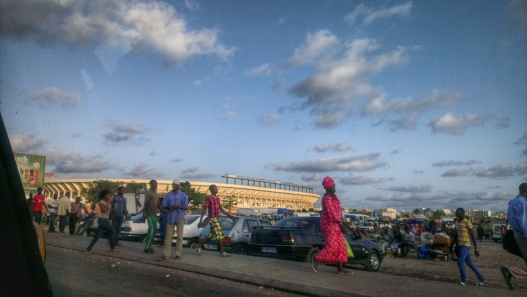
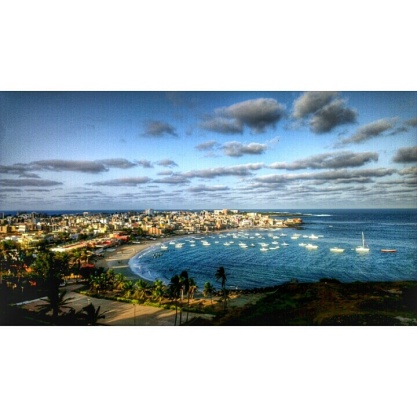
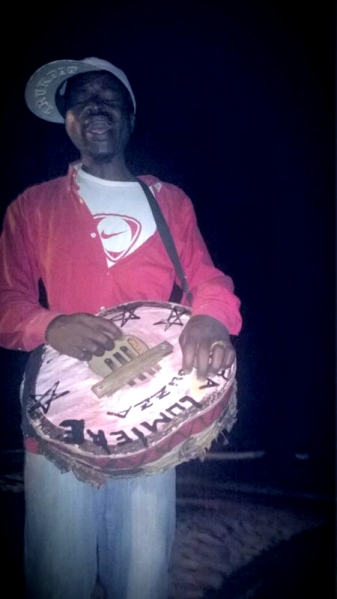
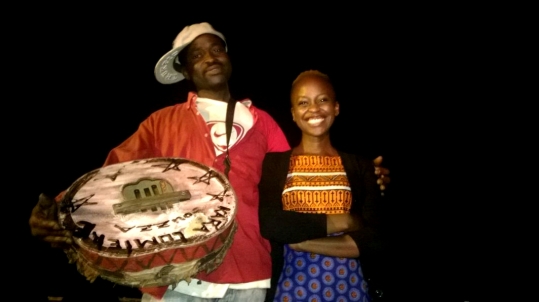
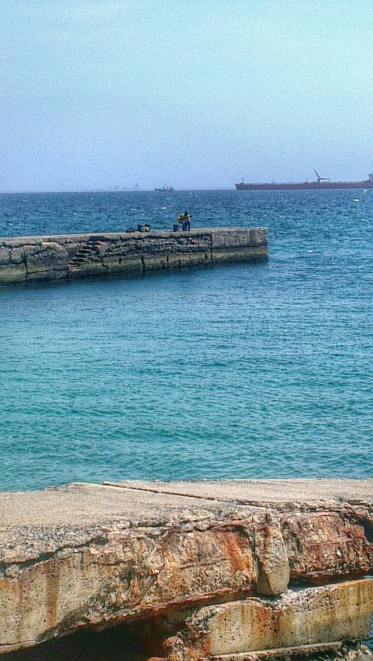
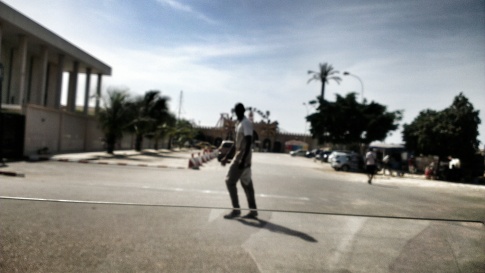
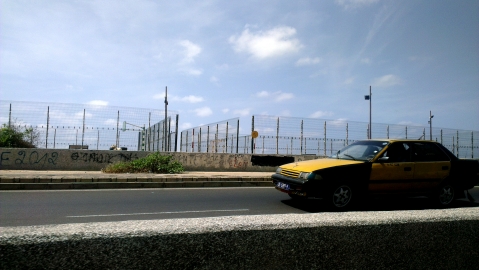
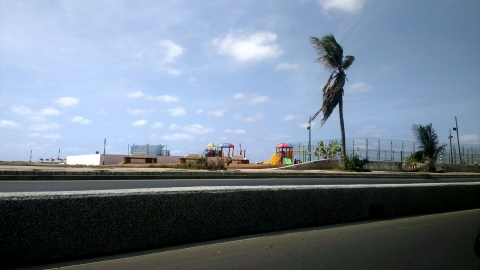
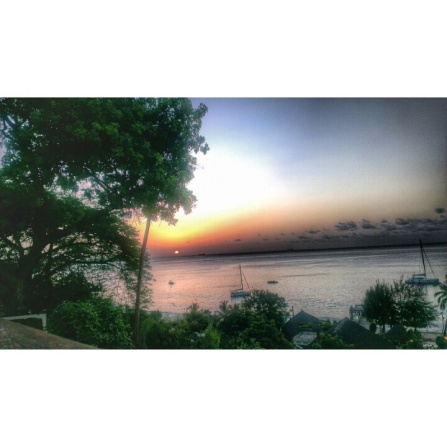
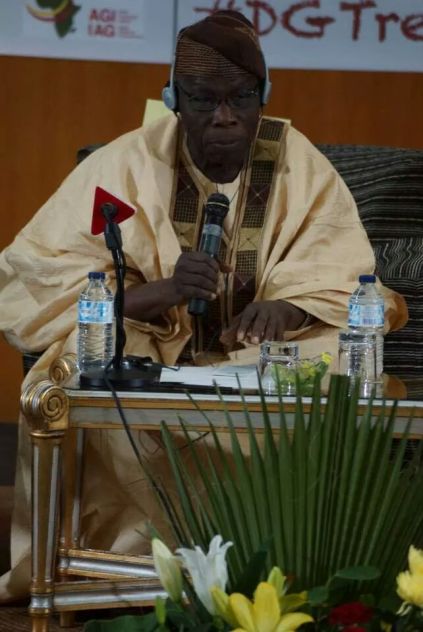
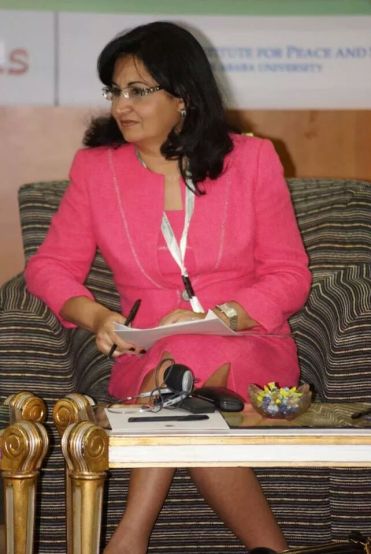
Recent Comments